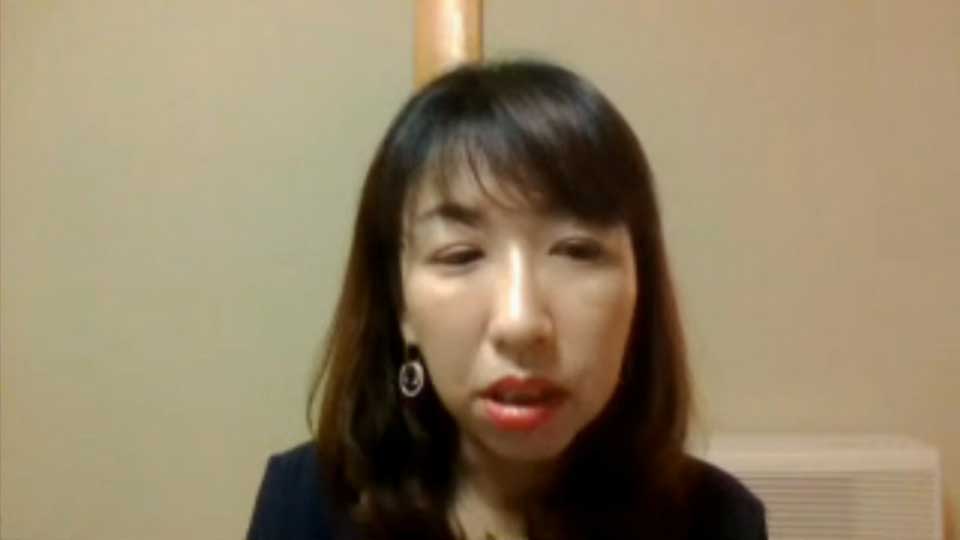A woman kills herself
Kimura Hana appeared on the Fuji Television reality show "Terrace House," which became an international hit after it was picked up by US streaming service Netflix.
After an episode was aired in late March, she was subjected to a number of hostile comments on her social media accounts. This abuse apparently drove her to suicide.
In the days leading up to her death, Kimura said she was subjected to more than a hundred hateful messages a day.
Her death sparked an outpouring of grief, with people posting messages with the hashtag "RIPHanaKimura."

Tanaka Tohko, a professor of media studies at Otsuma Women's University, says the tragedy could have been expected.
"We have seen hostile attacks and aggressive comments on social media for several years. These are especially directed toward women. But society has not addressed this, and now there has finally been a tragedy."
The responsibility of social media platforms
Since the tragedy, the responsibility of online service providers has come under scrutiny. A coalition of such companies, including Facebook and Twitter, announced they would strengthen measures against abuse.
They say they will mount a campaign to inform people about their ban harassment and defamation, and may suspend services for violators.
Yahoo Japan is not part of the coalition, but it says it plans to provide artificial intelligence technology to other social media companies that can identify inappropriate posts. It says it hopes to strengthen controls for the industry as a whole.
A group of IT companies has also decided to put information on consultation services for people who have been subjected to social media attacks on their websites by the end of June. They will ask that inappropriate posts be deleted and give advice on how to seek information on people who post inappropriate comments anonymously.
Tanaka says one of the major challenges is the fact that laws covering online activity in Japan were written nearly 20 years ago.
"It's difficult to bring disclosure requests unless you go to court. But that is often costly and time consuming. Japan needs to rethink the role of internet providers and platforms."

A move to change the law
Politicians in the ruling Liberal Democratic Party have started discussing how to deter hostile comments on the internet. Justice Minister Mori Masako said on June 2 the ministry would study appropriate criminal punishments for those who write abusive messages.
Tanaka says the laws need to be revisited, but there also needs to be careful consideration of freedom of expression.
"Of course, false accusations and hostile verbal attacks -- especially those directed at one person -- shouldn't be allowed. That has nothing to do with freedom of expression. But I believe anonymity and free speech should be guaranteed. We need to have a deep discussion of how social media conversations can be regulated."
Tanaka says some measures can be implemented without changing the law.
"For example, students have recently been learning how to use social media, and how to behave on the internet. But the generations who spent no time on the internet during childhood haven't learned such manners. So I think education in this area is important."
The responsibility of TV production companies
Around the world, several celebrities associated with reality TV shows are believed to have died by suicide.
Multiple reality show contestants in the UK have taken their own lives in recent years after reportedly being harassed online. In South Korea, the apparent suicides of several K-pop stars have fuelled debate about how to counter cyber-bullying.
Tanaka stresses the responsibility of production companies, and the necessity to realize that the way media is consumed has changed completely.
"Now, we can see TV programs and movies and communicate with other viewers online at the same time. The audience situation is totally different from before. One of the big problems is that we now have a situation in which many members of the audience can jointly fire off their negative feelings toward actors directly."
She points out that production companies now have responsibility for taking care of actors, and to consider how to react to viewers after programs are aired.
For better or worse, social media has become an inescapable part of society. Whether Kimura's death will be a catalyst for change is still unclear. But it has at least kick-started a national conversation.

